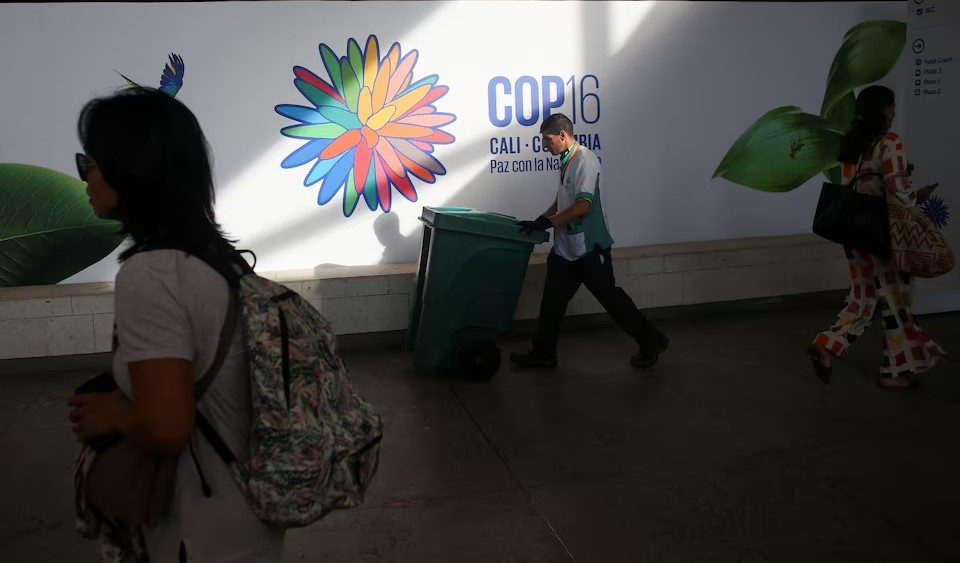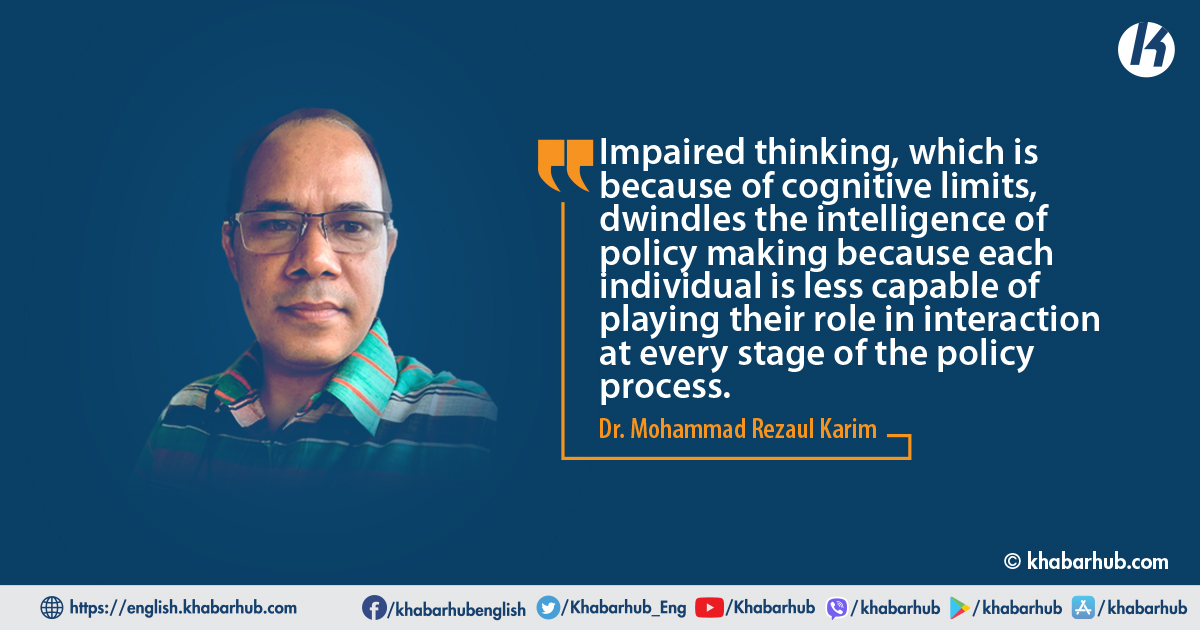
Nations have agreed to protect a third of the planet for nature by 2030 in a "historic" deal aimed at safeguarding wildlife biodiversity. There will also be targets for protecting vital ecosystems such as rainforests and wetlands and the rights of indigenous peoples.







